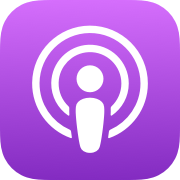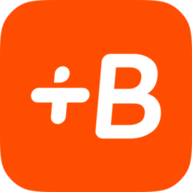Welcome to Discovery Dispatch!
Discovery Dispatch is a weekly roundup of the latest language-related news, research in linguistics, interesting reads from the week, and newest books and media!
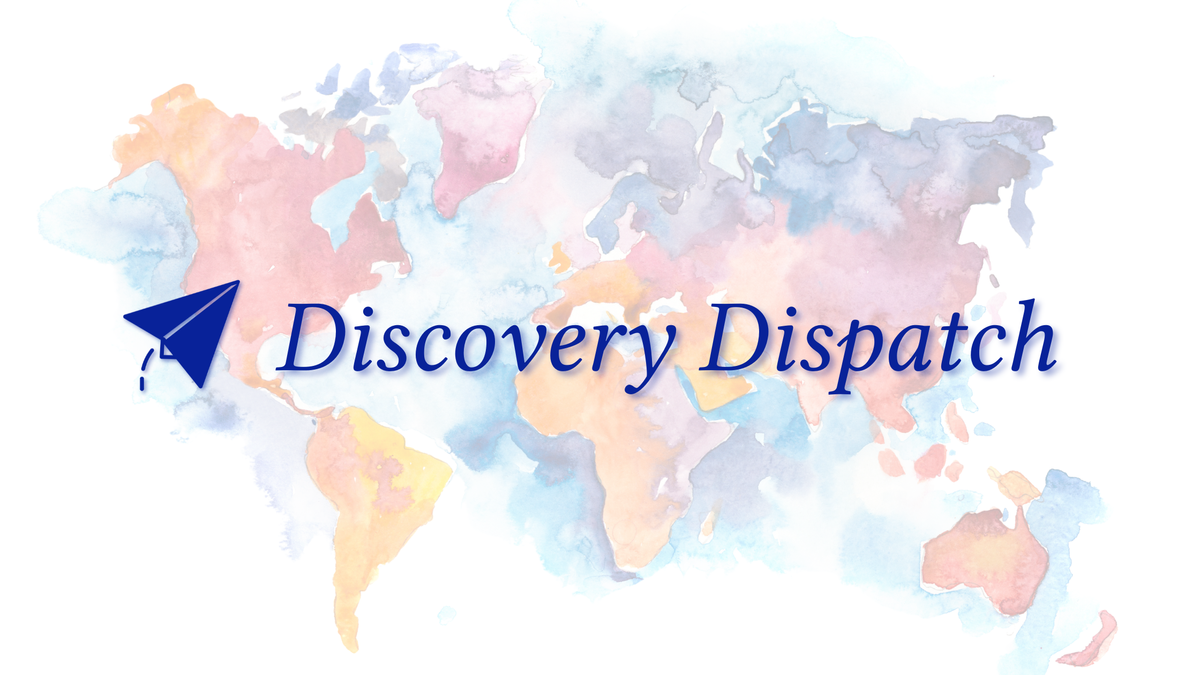
Welcome to the first issue of Discovery Dispatch, a weekly roundup of the latest language-related news, research in linguistics, interesting reads from the week, and newest books and media on language and linguistics!
This weekly digest is different from the World of Words newsletter. The newsletter contains original articles I've written on different topics, while Discovery Dispatch is more of a curated list of what's new this week.
Let's dive in! Here's what's new this week:
Updates
- Linguistic Discovery just reached 900,000 followers! I’m so humbled by this, and thankful to all of you that engage with my content and keep me motivated to do more!

- This weekend was the annual meeting of the Society for the Study of the Indigenous Languages of the Americas (SSILA) online, which is always one of my favorite conferences. Typically the conference is held concurrently with the annual Linguistic Society of America conference (the big yearly conference in U.S. linguistics), but this year the organizers decided to stick with an online format so that more people could attend and present from all over, without it being cost prohibitive. You can see all the cool talks that were given here.
New from Linguistic Discovery


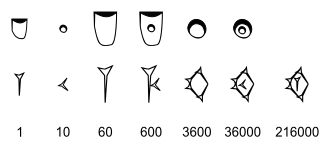
This next one's actually an older post that was never sent out via email, so here it is in case you missed it!
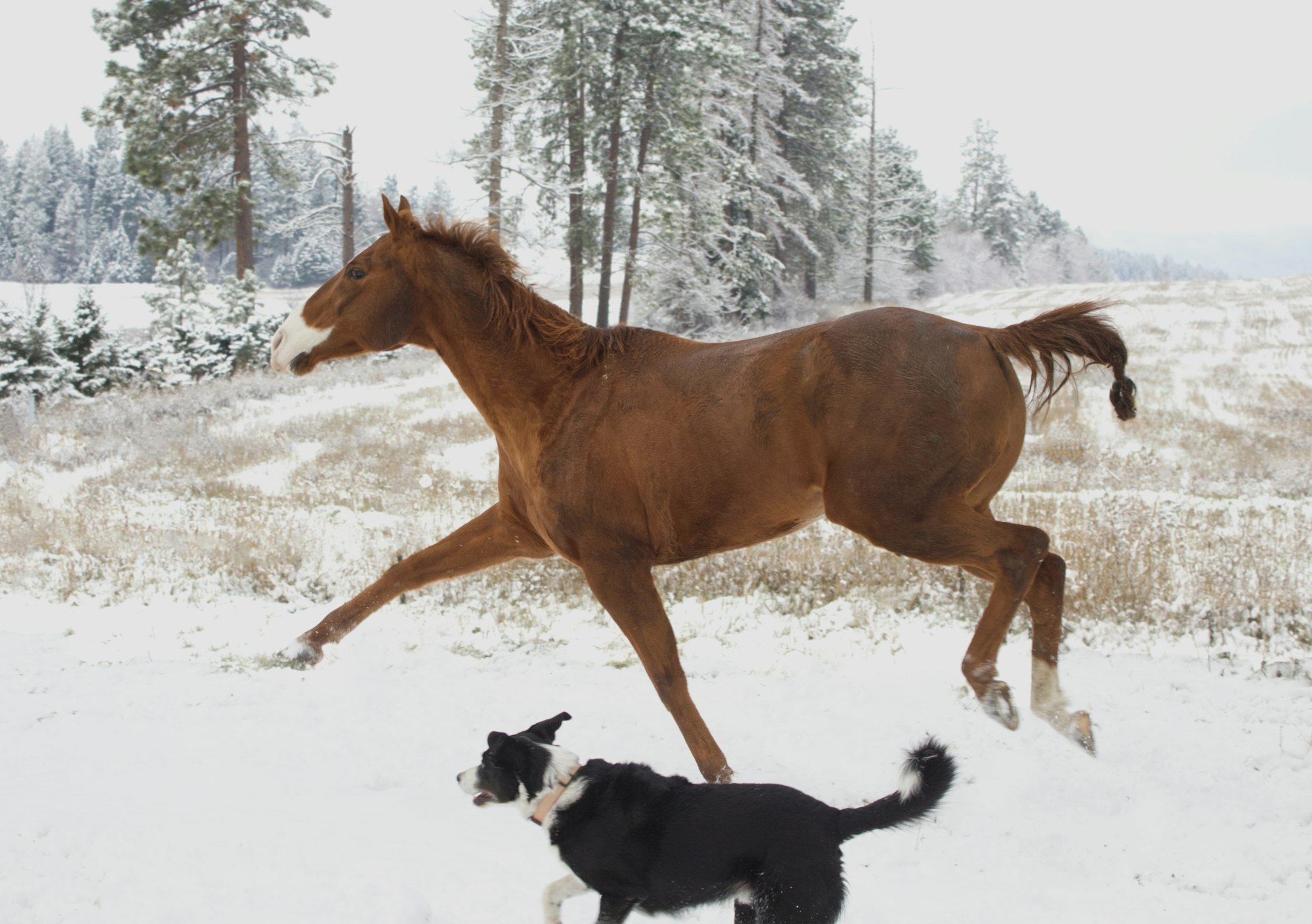
This Week's Reads/Watches/Listens
- Fellow educational TikToker Kelsie Ehalt's channel is all about cuneiform (hence the brilliant handle @wedgie_BCE). Like many creators in light of recent TikTok drama, Kelsie has been shifting towards longform videos on YouTube lately, and their first few videos are fantastic. If you've been enjoying my content about cuneiform and Sumerian numerals in the past few weeks, you'll love Kelsie's channel:
Last year, Jess Zafarris (author of the etymology books Once upon a word: A word-origin dictionary for kids and Words from hell: Unearthing the darkest secrets of English etymology) and Rob Watts (host of the popular YouTube channel RobWords) launched the Words Unravelled podcast, in which they teach you all about the stories behind everyday words. I've spent the last several weeks bingeing all their episodes and just caught up last week. Jess and Rob are always a ton of fun to listen to, and I come away from every episode having learned something new. You can listen to them on both YouTube or wherever you listen to podcasts:
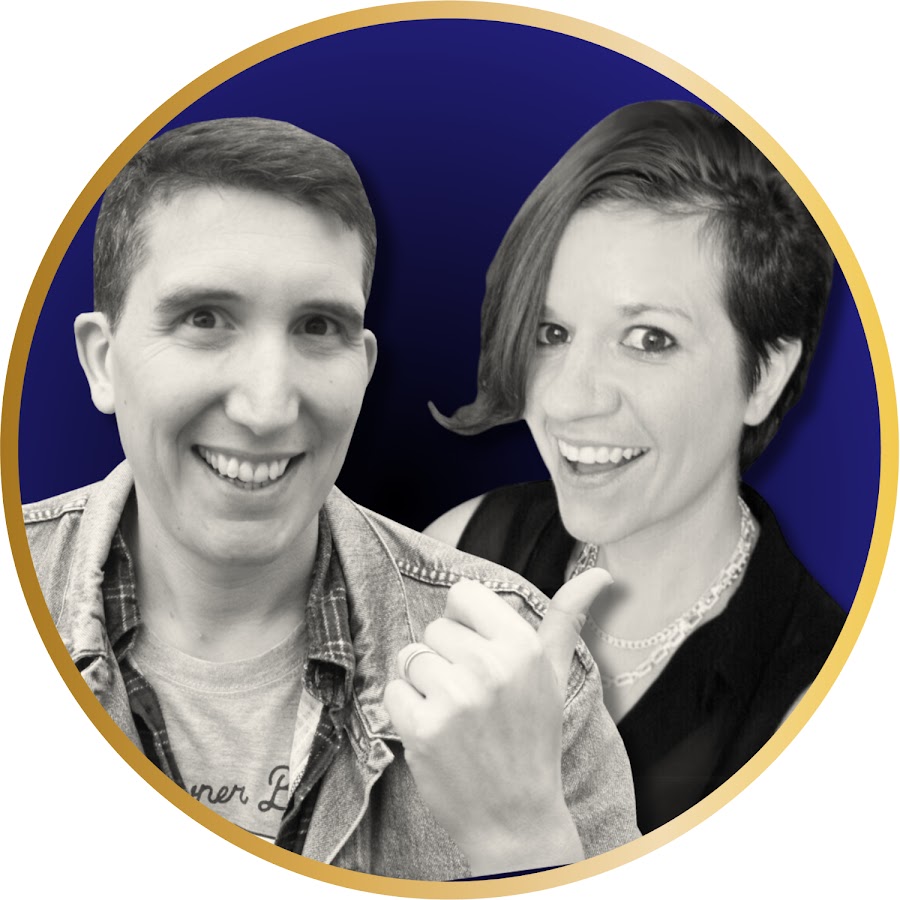

- Ryan Starkey of Starkey Comics never disappoints with his infographics. Here's a fun one about the etymology/etymologies for Tetracerus quadricornis, the four-horned antelope:

- In every natural language, the most frequent word in the language occurs twice as frequently as the 2nd-most-frequent word, and three times as frequently as the 3rd-most-frequent word, and so on. This pattern is called Zipf's Law, and IFLScience has a short article explaining how this works, what it tells us about language, and some ideas about why the pattern occurs.
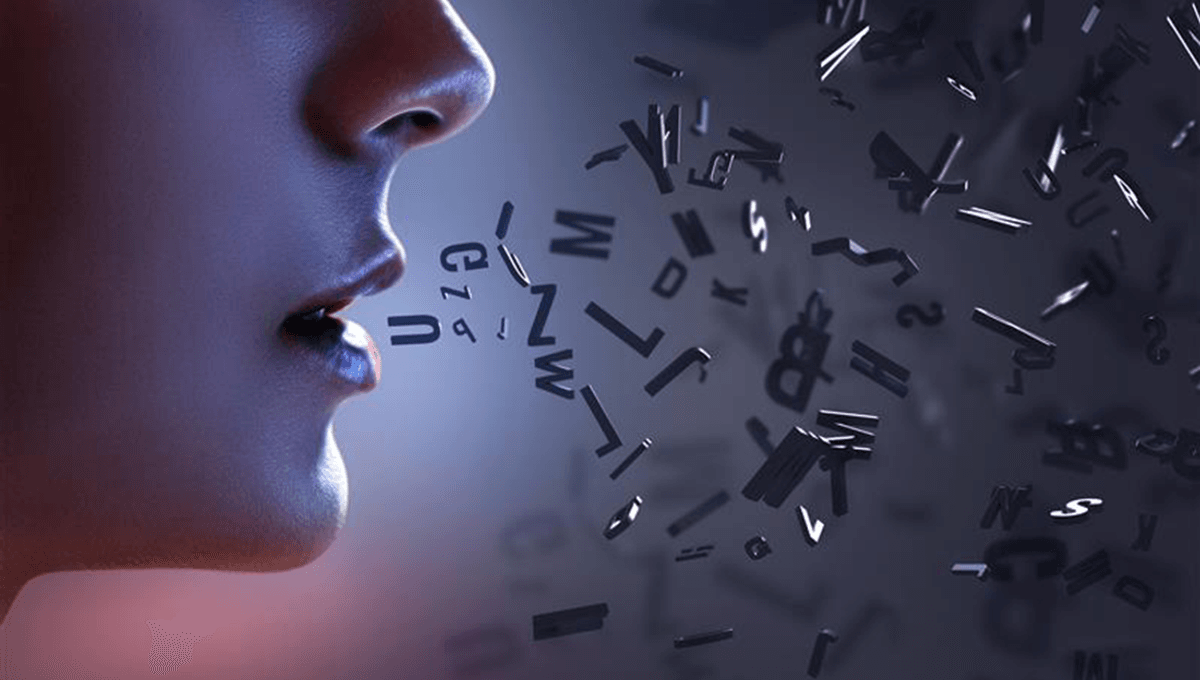
- The latest issue of Babel magazine has a great interview with Tim Brookes, head of the Endangered Alphabets Project and author of An atlas of endangered alphabets: A global exploration of the writing systems on the verge of vanishing.


Other Articles




Books & Media
This book came out in 2023, but only just came across my radar:

You might be familiar with the fierce debate in linguistics between nativism, which claims that certain aspects of grammar are innate, and empiricism (specifically usage-based linguistics or functionalism), which claims that there are no special cognitive faculties for language, just the same cognitive capabilities we use for learning everything else. This book purports to provide an overview of that debate. However, on initial inspection, I get the impression that van der Hulst doesn't fully grasp the functionalist perspective in linguistics. For instance, he defines functionalism as it's defined in philosophy, but not the way it's defined in linguistics among linguistic functionalists themselves. I expect, being a dedicated functionalist myself, that I'll be pretty irritated by the unwitting bias in the book when I read it. But if you'd like a mostly nativist perspective on the issue, check out the book:

Some other books I discovered (or rediscovered) this week:
- Linguistic fingerprints: How language creates and reveals identity (2023) — All about forensic linguistics.
- Your voice speaks volumes: It's not what you say, but how you say it (2021) — Language attitudes, ideologies, and prejudices.
- The greatest invention: A history of the world in nine mysterious scripts (2022)
- Life and language beyond Earth (2023) — Xenolinguistics! The study of alien languages.
Other Resources
- Books on Language & Linguistics
- My curated list of books on language and linguistics, as well as various topical lists on specific subjects (sign language, animal communication, language typology, and more).
- Linguistics Podcasts
- A list of over 60 linguistics podcasts, both active and dormant.
That's everything new from this week! I hope you found this first Discovery Dispatch useful and interesting! Drop me an email and let me know what you thought of this issue, and how I can improve future ones. Have a wonderful week!
~ Danny
If you'd like to support Linguistic Discovery, purchasing through these links is a great way to do so! I greatly appreciate your support!
Check out my entire Amazon storefront here.






